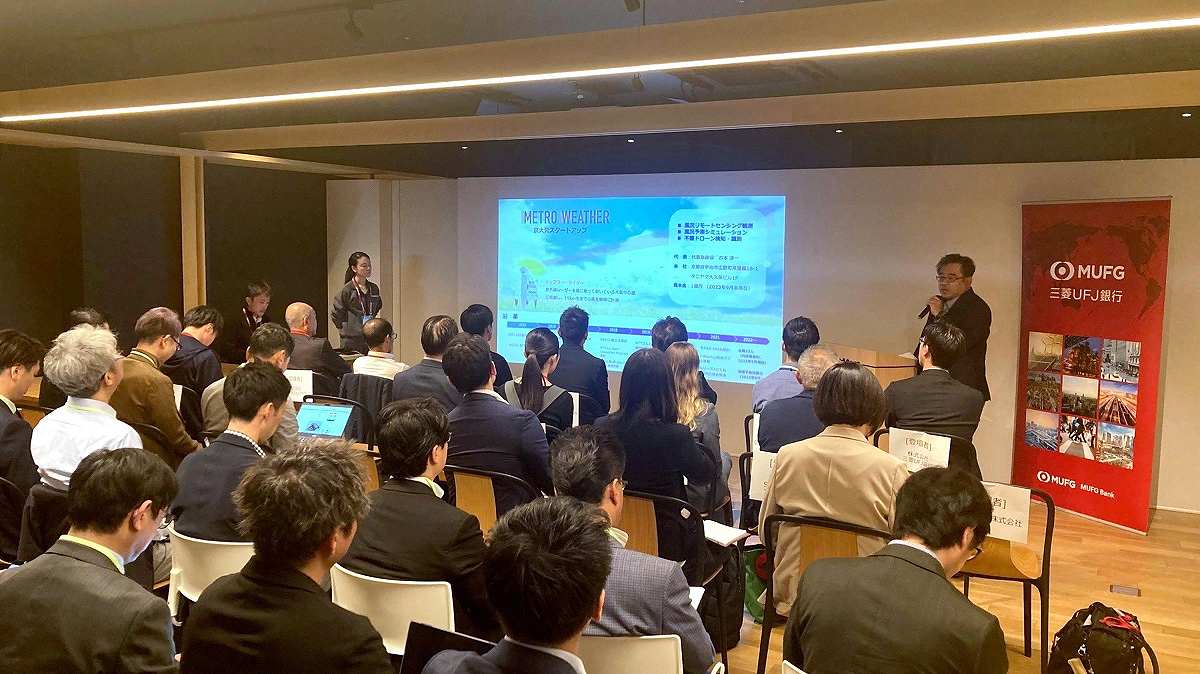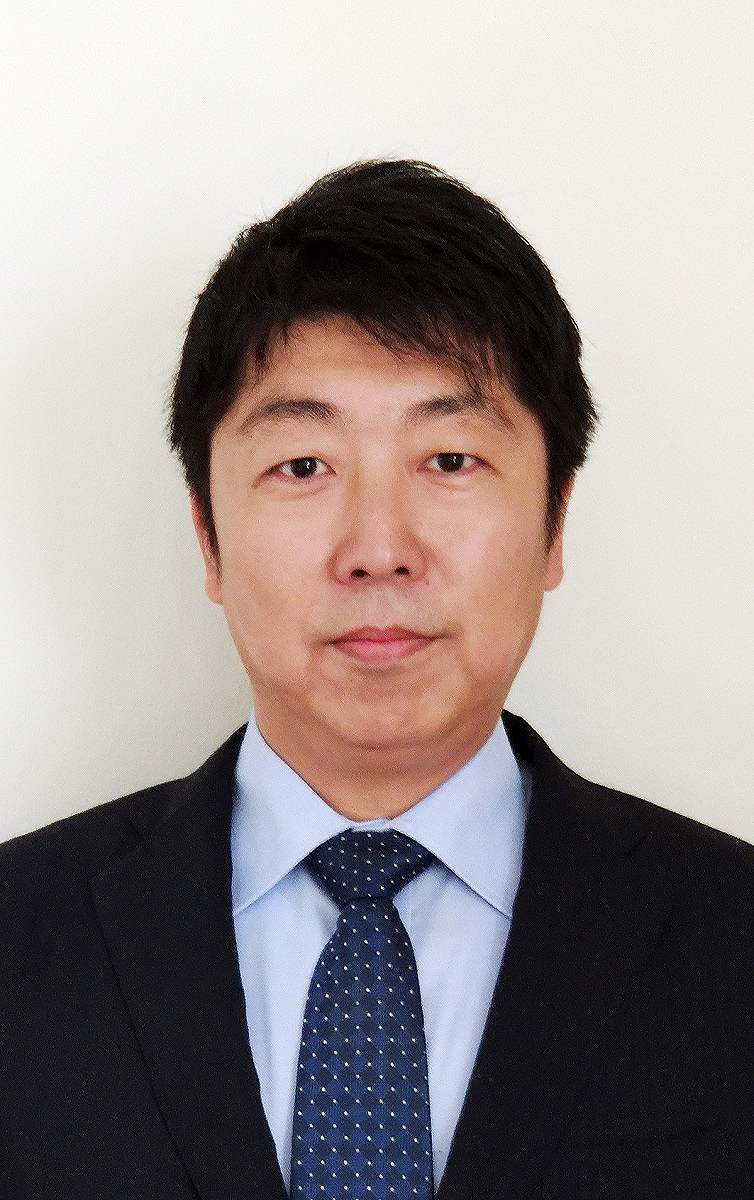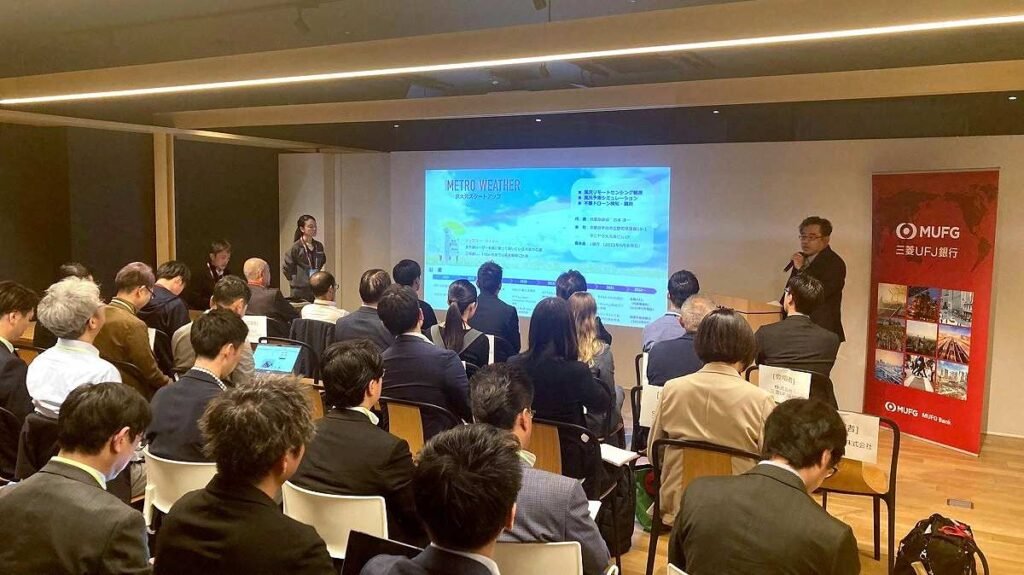
Mitsubishi UFJ Bank and the university will hold an event in Kyoto on October 31, 2023 to support matching between startups and large companies.
April 13, 2024 8:00 (Japan time)
The Nikkei Stock Average hit a new high in 34 years, and the Bank of Japan began raising interest rates for the first time in 17 years. As the financial market reaches a major turning point, will the Japanese economy finally be able to escape from the “lost 30 years” that followed the bursting of the bubble economy? One promising driver is startups that create innovative businesses. Start-ups are booming all over the country, and the government is attracting attention as it plans to increase investment in startups to 10 trillion yen in four years.
“Despite the efforts of generations of economists, we still need to understand much more about the mechanisms that stimulate economic growth. In particular, whether and how growth will accelerate again in rich countries. “It’s difficult to measure economic growth, and even harder to identify the factors that drive it,” said Abhijit Banerjee, a professor at the Massachusetts Institute of Technology who won the Nobel Prize in economics in 2019. Stated.
Japan’s population is expected to decrease by approximately 40 million people and the working age population by approximately 30 million over the next 50 years. A grand design is essential to overcome this difficult situation.
Looking at the companies that have dramatically improved our lives over the past 30 years, it’s clear that startups offer the best way to solve social problems and innovate.
Of course, some startups go bankrupt due to business failure. However, in the United States, which boasts the world’s largest gross domestic product, Google, Tesla, and Meta, which started out as startups, have had a major impact on society. Today, the world economy is led by countries such as India and China, which harness entrepreneurial energy and create many successful start-up companies.
On the other hand, Japan has been overtaken by Germany in terms of nominal GDP and is now only the fourth largest economy in the world. Although there are influences from prices and exchange rates, it should also be taken into account that the number of workers in Germany is only about 60% of Japan’s, and the average working hours are only about 80% of Japan’s. For the Japanese economy, which is characterized by low productivity, startups have the potential to restore dynamism and serve as a catalyst for innovation.
After World War II, entrepreneurs changed the image of “Made in Japan” from cheap products to high-quality products. The founders of Matsushita Electric Industrial and Sony believed that imitation was responsible for their second-class status and low profit margins. They inspired engineers to develop completely new products that people wanted. Sony’s Walkman has sold over 385 million units worldwide, making it one of the most popular consumer electronics products in history.
In 1979, Harvard University professor Ezra Vogel published a book, “Japan as Number One: Lessons for America,” tracing the trajectory of postwar Japan. However, after winning in the electronics industry, Japan lost in the IT industry. The shape of the competitive environment has also changed significantly.
Emerging economies, which have provided large amounts of labor and production functions, are transforming into consumption-oriented economies, and the world is becoming increasingly multipolar as the power of regional players increases globally. Governments increase competitiveness in strategically important business areas through industrial policies that leverage incentives and support investment through taxation and regulation. Whether Japan can continue to be a developed country that grows based on technology in the face of competitors with different attributes than before will be greatly influenced by the success or failure of nurturing startups. Of course, startup development is a field that determines the future competitiveness of various industries, so international competition is fierce.
It is important to find the frontier, the field that will lead the next 30 years and is expected to see explosive growth.
The answer may lie in “deep technology,” which refers to advanced technology based on some form of substantial scientific or engineering innovation. Innovations are “deep” because they are sophisticated and provide highly sophisticated answers to complex challenges and problems. Areas ripe for deep technology breakthroughs include genomics, robotics, nanotechnology, and clean energy efforts by research institutions and academia. These industries require long research and development periods, large amounts of capital, and are highly uncertain. The Silicon Valley strategy of developing products at high speed with abundant funds and immediately taking over the global market is difficult.
On the other hand, Japan has the excellent R&D capabilities of its universities, superior optimization technology in manufacturing, and a wide range of collaborating companies of different sizes and industries, all of which provide favorable conditions for responding to a variety of situations. Furthermore, the number of university-launched ventures, which serve as the foundation for growth, has increased significantly, reaching a record high of 3,782 companies established in fiscal 2022. This was an increase of 477 people from the previous year, the largest increase ever.
“Professors are the ones who build startups.”
Satoshi Kawada, professor emeritus at Osaka University and founder of Osaka University startup Nanophoton, will write papers on cutting-edge research, stressing the need to put the results into practice and give back to society. In his own words, “Nanophoton has introduced the world to ‘weird’ microscopes and ‘outrageous’ optical components that no other company has.” In February, the company received an investment from Bruker, a major U.S. analytical equipment company, and became a subsidiary of Bruker. This is a bold move to promote their product around the world, unencumbered by unknown shareholders and short-term profit motives.
Startups require people and money, more specifically entrepreneurs and venture capital. A company is born only when these two things are combined, and it is possible to grow through competition and cooperation with other companies.
Regarding human resources, the expected income in Japan is slightly higher for employees and the risk for entrepreneurs is considerably higher. Despite this, interest in startups among young people is at an all-time high. Entrepreneurship learning circles are popping up one after another at universities across the country, and many students are flocking to them.
“I want to try new things while I’m young, earn money, and work the way I want.” Many young people express such hopes.
In the wake of the quality fraud scandal that was discovered at Daihatsu Motor Corporation, a member of the Toyota Group, the negative aspects of rigid organizations have become more apparent. A corporate culture that avoids failure and stifles innovation is unattractive to young people. Students’ motivations vary, but more and more students are choosing to work at startups rather than traditional large Japanese companies.
Barrett Comiskey, who invented electronic ink for e-books used in Amazon’s Kindle while studying at the Massachusetts Institute of Technology (MIT), has grown his startup to a market capitalization of $8 billion (approximately 1 trillion yen). He has left behind various achievements, including: In February, he joined Hirotsu Bioscience, a Japanese startup. The company has developed the world’s first nematode cancer testing service that utilizes the ability of certain nematodes to “sniff out” cancer.
“I want to work with a team that enjoys working to make society better, and I want to spend my time on projects that have an impact on society,” Comiskey said.
Leveraging the talent of an international talent like Comiskey would be another step toward advancement.
Banks, which hold most of the financial assets of Japanese households in the form of deposits, are reluctant to lend to non-existing companies, making it difficult to raise funds for high-risk startups.
However, banks’ view of loss-making companies is changing. Deficits are considered wrong, and in the past, companies that posted losses were turned away, but megabank officials said they are now looking into the details of why companies are in the red. Rather than avoiding risks, there is a noticeable movement toward sharing risks with venture capitalists and other parties and working with them to develop talented entrepreneurs.
Next year, an international contest will be held in Osaka in which domestic and foreign startups will compete for medical services and products. This event will be the largest in the medical field in the Asia-Pacific region. It is hoped that this will be an opportunity to show the world the strengths of Osaka, which has a concentration of health and medical industries.
Although Japan’s research and development world is advanced in research, it lags behind in practical application, but startups may change that. The ability of entrepreneurs to make the most of major changes that occur only once every few decades is being tested.
“Political Pulse” airs every Saturday.

Shingo Sugime
Shingo Sugime is a reporter for the Yomiuri Shimbun Osaka Economic Department.

